Sep 13, 2025 – European Lecture Tour (6) Milano
Hello. Today marks the sixth lecture of Venerable Pomnyun Sunim’s European tour, taking place in Milan, the largest city in northern Italy.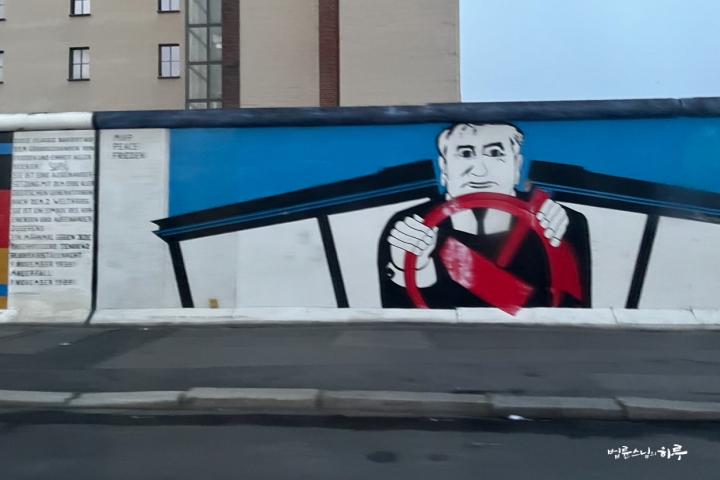
Sunim rose at 2AM for practice and meditation, then prepared for the live broadcast of the Jungto Sutra Course entrance ceremony.
At 3 AM Berlin time, which corresponded to 10 AM in Korea, the live broadcast of the Jungto Sutra Course entrance ceremony began. About 1,000 new students who enrolled in the September Sutra Course connected to the live stream.
After watching a congratulatory performance together, participants shared their thoughts about entering the program. Following welcoming remarks from the President of Jungto Society, everyone requested a commemorative Dharma talk from Sunim.
Sunim gave a Dharma talk about the meaning of studying sutras and how to maintain a practice perspective in daily life while studying the sutras.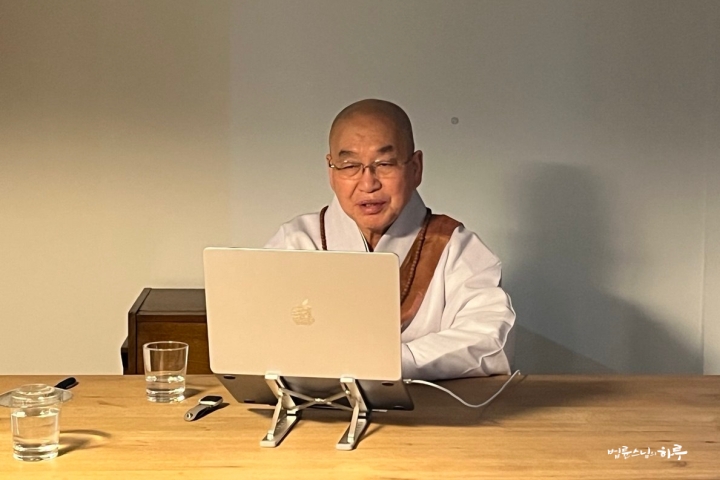
“Congratulations on your admission to the Jungto Sutra Course.
Looking back at our previous Jungto Buddhism Course, graduation felt so distant when we first enrolled, but after graduating, the Buddhism Course felt like it passed in an instant. Some of you may have wondered, ‘Do I really need to continue until graduation?’ and faced various difficulties. However, after graduating, many of you probably thought, ‘I’m so glad I graduated!’
Why You Should Graduate from the Jungto Sutra Course
When you begin your studies at the Jungto Sutra Course, you will face many obstacles again. Obstacles may come from outside or arise from within your own mind. Whenever this happens, I hope you’ll remember your experience in the Jungto Buddhism Course and stay with us until graduation. Looking back, you’ll think, ‘There were difficult times, but finishing was definitely the better choice,’ so please don’t give up midway. While graduation may seem impossibly distant during difficult times, it will feel brief once you look back. Those who have completed any Jungto Society program—whether the Jungto Buddhism Course or the Awakening Retreat—know from experience how much they learned and felt through completing it. That’s why I encourage you not to give up on the Jungto Sutra Course you’re entering today, no matter what happens, and to see it through to graduation.
In the previous Jungto Buddhism Course, we studied the fundamental teachings of Buddhism and the life of the Buddha. However, Buddhism today has undergone 2,600 years temporally and has spread from a single region in the Ganges River basin of northern India to the entire world spatially. In this process, it inevitably underwent numerous changes under historical and social influences. There were many changes within India according to the flow of time, and it underwent many changes as it spread globally to different regions. So the Buddhism we encounter today should be seen as a product of such history and society.
Korean Buddhism today inherits Mahayana Buddhism and Seon Buddhism. Therefore, in the Jungto Sutra Course, you will study the core teachings of Mahayana Buddhism and Seon Buddhism along with Buddhist history. While studying these subjects, we will also engage in the most important practice in reality—the practice of the mind. Your sharing about how your mind changes will gradually deepen. If the core of fundamental Buddhism is dependent origination and the Middle Way, the core of Mahayana Buddhism is the concept of emptiness. In Seon Buddhism, ‘directly pointing to the mind, seeing one’s nature and becoming Buddha’ is considered important, emphasizing intuition. It teaches that we must reject all fixed ideas and simply experience reality. You will be studying these concepts going forward.
While fundamental Buddhism is somewhat simple and clear, Mahayana Buddhism is somewhat complex. While fundamental Buddhism is somewhat easy, Mahayana Buddhism is somewhat difficult. This is because fundamental Buddhism is simple as it represents the very fundamental early teachings, while Mahayana Buddhism reflects revolutionary movements that arose continuously throughout its long history. Therefore, studying at the Sutra Course will inevitably be more difficult than the Buddhism Course. I hope you’ll keep this in mind as you attend classes.
This knowledge of the sutras is not directly related to your enlightenment. However, it can be useful when needed. It can be particularly useful in communicating with others. While knowledge is of little use in eliminating your own suffering, it can be very useful when spreading the Dharma to many people. Just as we’ve become more efficient by adopting various methods in spreading and sharing the Dharma these days. So please consider this aspect first and don’t give up midway because it’s difficult.
However, the core of the Jungto Sutra Course is deepening your practice of the mind. While you’re studying various historical facts, knowledge, and philosophies of Buddhism, the core focus is ‘practice of the mind.’ I hope you’ll attend the Jungto Sutra Course with this perspective.
Social practice also becomes more important in the Jungto Sutra Course. There will be more offline practice activities in the curriculum, and you’ll learn about various social issues. In other words, you’ll gain practical experience. That’s why it’s important to practice directly in your actual life in the present. If the Jungto Buddhism Course was like practicing driving in a driving school, the Jungto Sutra Course is like practicing on-road driving. It’s studying questions like ‘How do I drive when another car suddenly cuts in from the side?’ Just as you respond by stepping on the brakes or turning the steering wheel when a car cuts in from the side, even when various obstacles arise, they become study material in the Jungto Sutra Course. So please view obstacles not as something to fear but as something to overcome, and apply well what you’ve learned so far.
I’m currently in Berlin. It’s 3 AM local time here. The practice we do transcends the constraints of time and space like this.”
After concluding the entrance ceremony with the Four Great Vows, participants entered their respective virtual classrooms for introductions and getting to know each other.
After the live broadcast, Sunim had breakfast. After finishing the meal and packing, he left the accommodation at 6 AM and headed to Berlin Airport.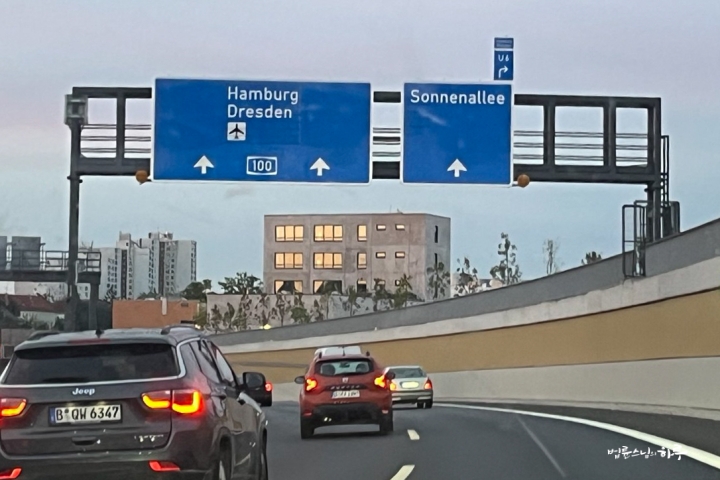

After a 40-minute drive to Berlin Airport, Sunim took a commemorative photo with Lee Hee-jung, who had volunteered as driver, before entering the airport.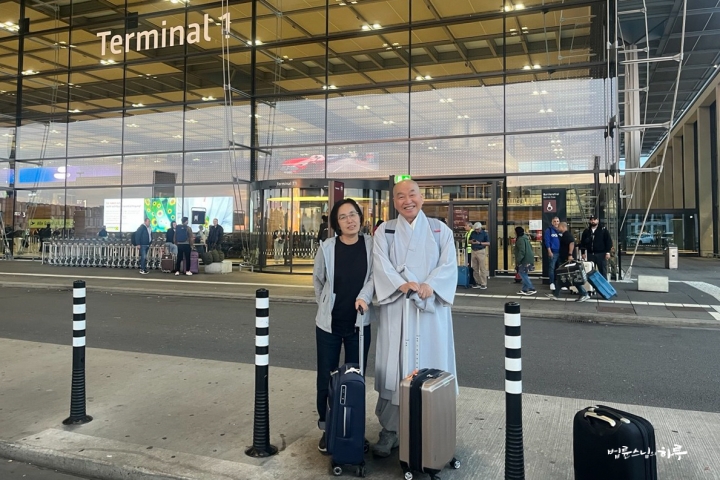
After checking in, Sunim boarded the flight to Milan at 10 AM. After a 1 hour and 40 minute flight, he arrived at Milan Airport at 11:40 AM.
Upon exiting the airport, Jungto members residing in Milan warmly welcomed Sunim.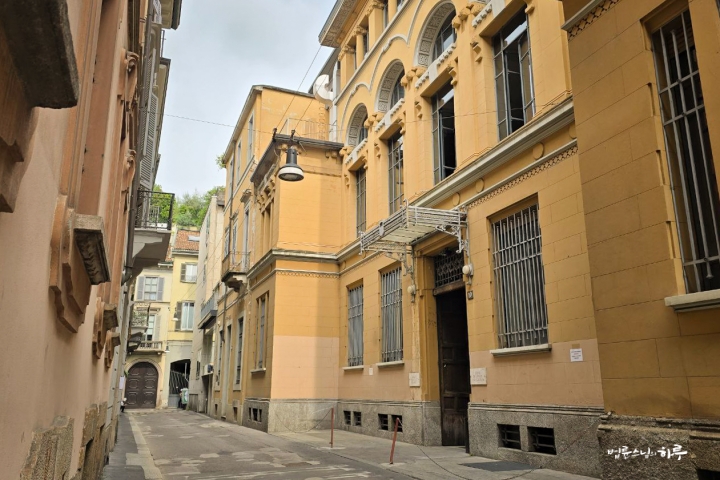
Today’s lecture venue was the Circolo Filologico Milanese, located at Via Clerici 10 in Milan. Established in 1872, it is one of Italy’s oldest linguistic and cultural associations, hosting various lectures and cultural events. Today, it hosted Venerable Pomnyun Sunim’s Dharma Q&A.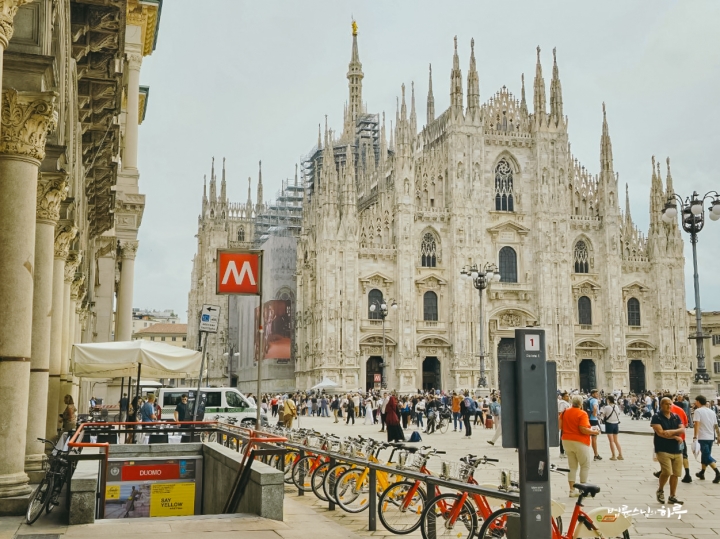
Departing from the airport, Sunim arrived at the venue at 12:30 PM. As he entered, volunteers warmly welcomed him.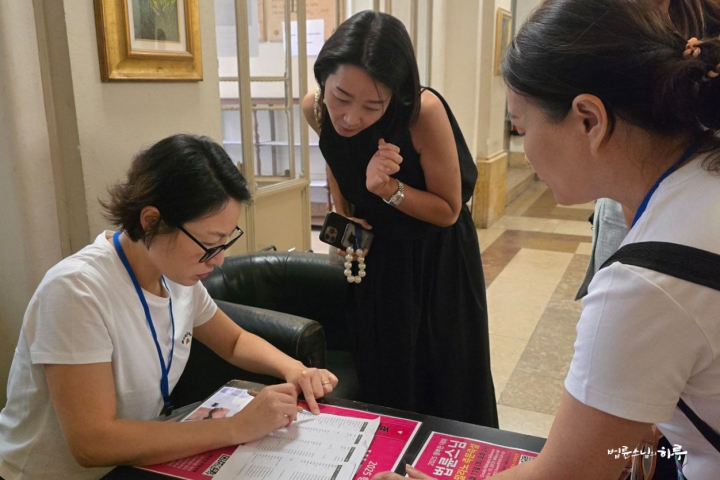
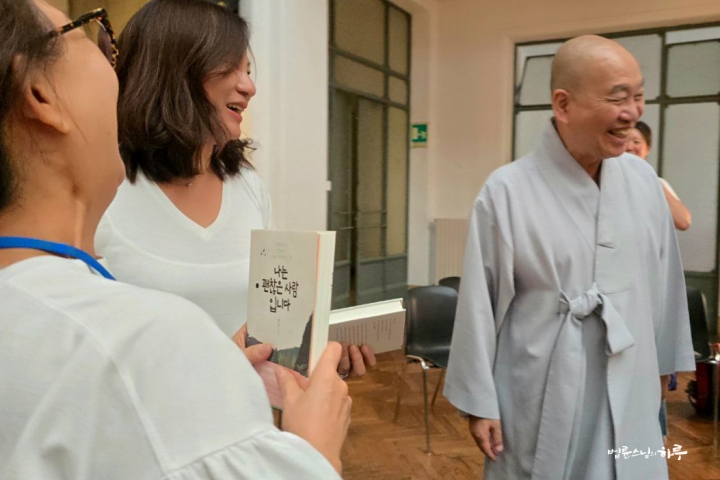
After having lunch in the waiting room, at 1:40 PM, Consul General Choi Tae-ho and his wife, as well as the Deputy Consul General from the Korean Consulate General in Milan, visited Sunim for tea and conversation. After their discussion, they took a commemorative photo together.
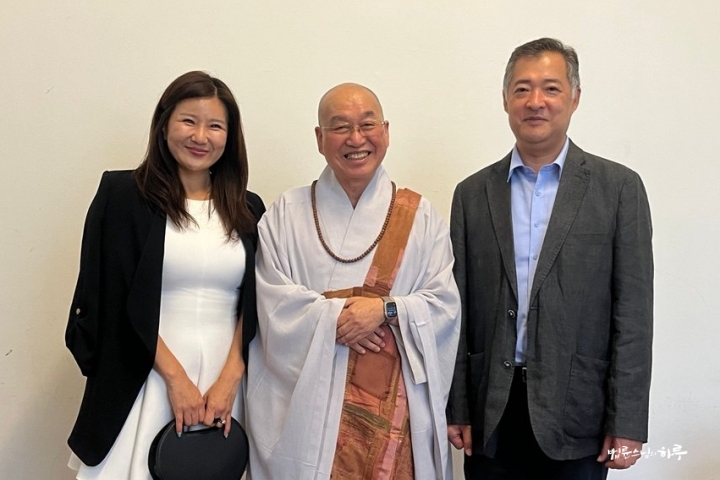
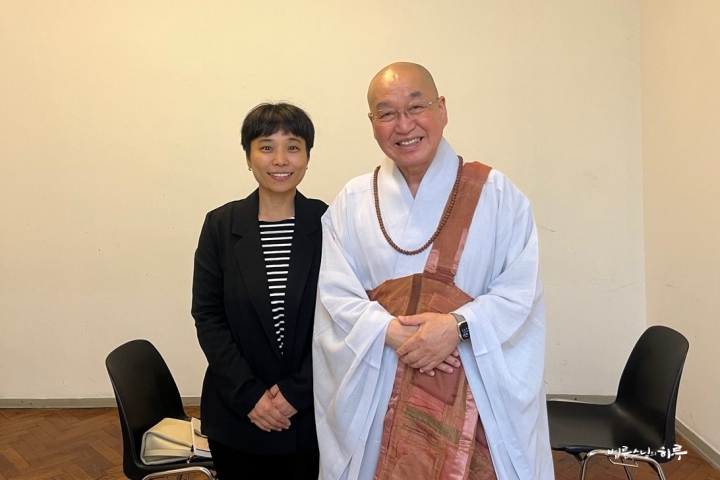
At 2 PM, they moved together to the lecture hall.
Before the lecture began, Kim Ae-kyung and Choi Sun-young beautifully sang “Spring in My Hometown,” a song that soothes homesickness for Korea, warming the hearts of the attendees.
With about 80 Korean residents in attendance, an introductory video about Sunim was shown. When the video ended, Sunim walked onto the stage to great applause.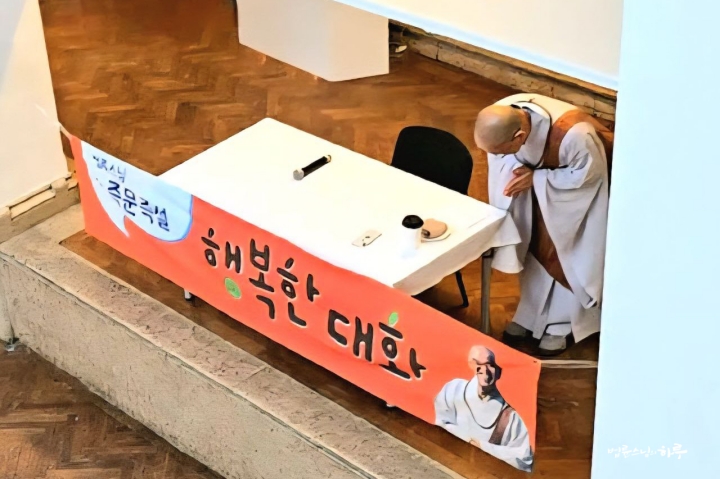
Sunim greeted everyone with a bright smile.
“I’m visiting Milan after 11 years. Those who attended the Dharma Q&A 11 years ago, please raise your hand.”
Many people raised their hands.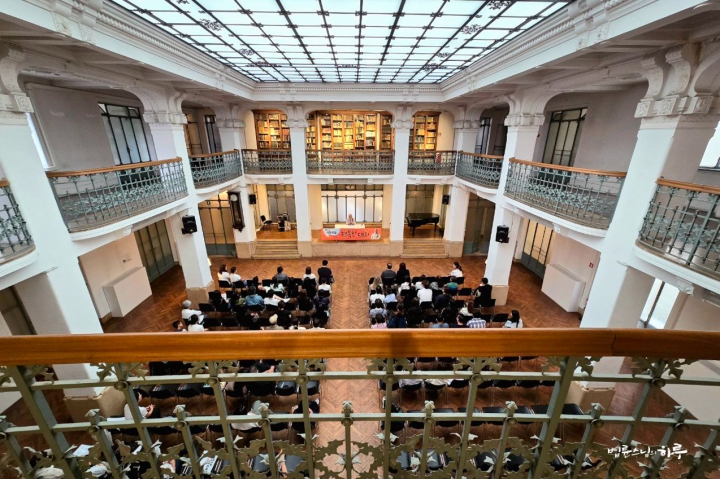
“In 2012, I conducted Dharma Q&As at about 300 locations including all cities, counties, and districts in Korea, as well as universities nationwide, for peace on the Korean Peninsula. I visited everywhere except Ulleungdo Island. Then in 2014, I visited 115 locations worldwide where Korean expatriates live to conduct Dharma Q&As. During that year, I visited one city every day, including 30 cities in Europe. At that time, I visited Milan and Florence in Italy, but I haven’t been able to come to Milan since then.
When I gave lectures in Germany, two or three people from Milan always attended and requested that I come to Milan too. So this year, I specially included Amsterdam and Milan in my European tour schedule. However, I couldn’t spare much time, so I just arrived at noon and must leave for Istanbul immediately after this lecture. Please understand that the Milan schedule is brief.”
Five people who had submitted questions in advance began their dialogue with Sunim. Questions were also taken from the floor. Over two hours, eight people asked Sunim about various life concerns. One person had started married life in Italy four years ago but was still finding it difficult to adapt, and sought Sunim’s advice on how to steady their mind.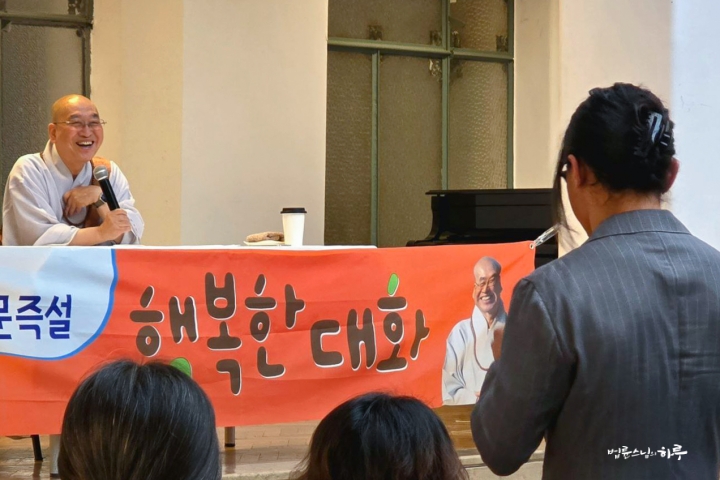
How Can I Regain My Confidence When I Keep Losing It?
“First, there’s the option of returning to Korea. You could go back, start your business again, and live courageously. You can choose this path anytime, right?”
“It’s still a bit scary though. I know starting a business again is difficult. But it’s not that I haven’t thought about it.”
“You started and succeeded in business even when you had less experience than now. Even though you’re a bit older, you have experience running a business, so you’d have less fear than when you first started, wouldn’t you? So you’re certainly capable of doing it. You can return to Korea and start a business again anytime. In Sun Tzu’s Art of War, the last strategy to use when all others fail is to flee. There are 36 strategies, and the 36th and final strategy is fleeing, which is why ‘thirty-six stratagems’ came to mean running away. So when should this strategy be used? When you’ve tried all strategies and only death remains—in other words, just before dying. For example, you flee when you’re losing a war and there’s no path to victory. Since strategy is a scheme for victory, there’s no way to win if you die. Fleeing is immediate defeat, but you might recover and reverse the situation later. So the final strategy is ‘Let’s plan for the future and survive first!’ and flee.
It’s the same in nature’s ecosystem. When animals fight and feel disadvantaged or about to die, they flee first. Fleeing isn’t cowardly. It’s a means of survival and wisdom. It’s much wiser to avoid danger and plan for the future than to die. Similarly, you have returning to Korea as your last resort. In other words, you have an escape route. Since you have an emergency escape route, shouldn’t you fight once, whether it’s a cat or whatever comes?”
“Yes, that’s right.”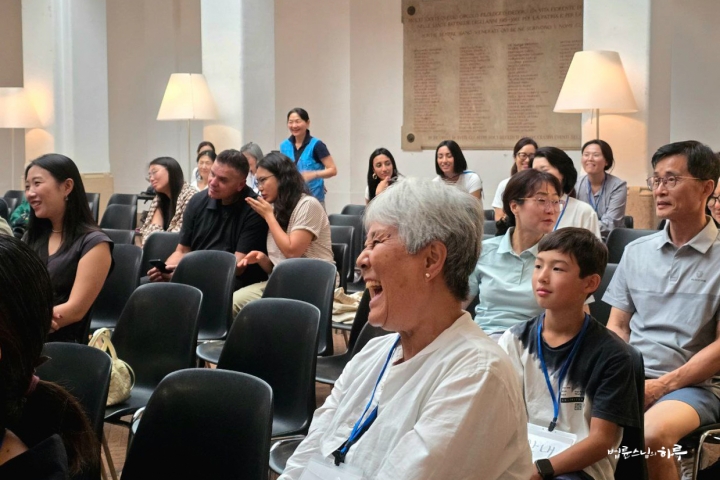
“If there’s no escape route, you shouldn’t fight. You might die. But if you secure an escape route first and think you’ll flee if necessary, there’s nothing else to fear. You can think, ‘Let’s try everything!’ People come all the way to Italy on purpose, so since you’re here, why not try something?”
“But living here, I keep losing my spirit.”
“Why do you lose your spirit? Is it because of the language barrier?”
“Yes.”
“It’s natural that you can’t speak Italian. Losing your spirit isn’t because of the language barrier but because of greed. Since you’ve only lived in Italy for four years, is it possible or impossible to speak like a local?”
“Yes, it’s a bit difficult.”
“But you’re trying to become like that, aren’t you? If a foreigner can speak like a native in just four years, are all Italians fools? Even if you live here for the rest of your life, you’ll have to accept that you may not be as fluent as a native speaker. You need to be prepared for that. However, if your language skills are a bit lacking but you have better abilities in other areas, or if you’re an interesting person, or if you have other skills, you can still get hired. Being slightly weak in language doesn’t always work against you. As you try to compensate for that weakness by developing other strengths, you might discover talents you didn’t know you had. So first, just communicate however you can – use hand gestures, body language, whatever works. That’s how you should live. Now, what’s your second issue?”
“As you just mentioned, my mind wavers dozens of times a day. One moment I think, ‘I should just quit everything and leave, what do I have to lose!’ Then the next moment I think, ‘No, I can’t do this. Since I’m here, I should at least try once!’ My mind goes back and forth like this. I don’t know how to steady my mind.”
“Since you’re already here, deciding to give it a try is steadying your mind. What more do you need to steady it? ‘There’s a mouse hole, so even if a tiger comes, I’ll fight first, and if it’s absolutely impossible, then I’ll run!’ If you’ve made up your mind like this, that’s steadying your mind.”
“I thought there might be some profound mindset.”
“There’s no profound path in life. It’s the same for me. Even though I shaved my head and became a monk, if I don’t like it, I can return to lay life. But since I’ve become a monk, I’ll do what I can, and if it doesn’t work out, I can take off these robes. That’s the mindset I live with. Since you’ve come all the way to Italy, what do you want to do here?”
“I attend school diligently without missing classes, but I’m not the type to study hard. It was the same in Korea. I don’t have talent for studying, so my mother used to beg me to at least preview and review my lessons.”
“What school do you attend?”
“I completed middle school in Italy, and I’m planning to attend night high school starting in September. It’s the only place where I can learn Italian.”
“Your goal isn’t to study and become a doctor, is it?”
“No, my goal is to learn Italian.”
“Then you don’t need to worry about grades. Actually, you can improve your language skills just by talking with people in the neighborhood without going to school. You’re attending school to learn more systematically. As long as you attend with enthusiasm, the language will come naturally. Do you want to be first in your class and win awards?”
“No.”
“Then just attend for fun. Since you have extra time and might be bored.”
“That’s right. I have too much time on my hands.”
“First, enroll in school, and since you’re not aiming to graduate and go to a prestigious university or be first in class, just attend for fun while learning the language and socializing with young people.”
“So should I just continue as I am now?”
“No, is that enough? For someone as business-savvy, smart, and capable as you, just attending school won’t be satisfying. You need to do something more.”
“I’d like to do some part-time work too. We’re living on my husband’s single income, but I think I’m still too young to completely give up on earning money.”
“Do you think your husband will agree with that?”
“My husband tells me I don’t need to work. But I think if I want to feel more settled here, I should work about 4 hours a day.”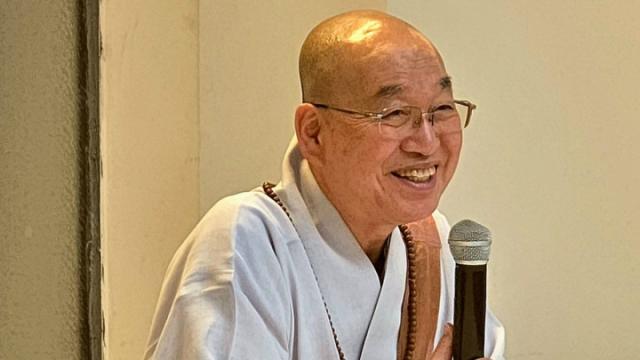
“That’s a good idea. There are two approaches. If you’re financially struggling, you can do part-time work even if you’re not fluent, earning a little pocket money. But if you’re not financially lacking and just want to feel more connected to this place, rather than earning money, it would be better to volunteer at a church or volunteer organization. When you volunteer, there’s much less pressure, you can work more freely, and you’ll give Italians a good impression. ‘That Asian woman may look different, but she’s really kind.’ This way, you can win people’s hearts.
To live life well, you shouldn’t just try to receive blessings – you need to know how to create blessings too. You need to give, whether it’s money, food, or service. For example, you could help clean people’s houses, or volunteer at a church or local volunteer organization. By volunteering like this, you first plant a good image in people’s minds. When you’re trying to make money or excel at studies, lacking language skills can lead to being looked down upon, but when you’re volunteering and helping without any ulterior motives, poor language skills don’t matter at all. It’s the same even with carpentry work. Even if you don’t know how to do the work, when volunteering, you can bring hammers, carry wood, and provide what’s needed – no one will blame you for lacking skills. Everyone appreciates someone who comes to help for free. This way, you’ll lose your sense of inferiority and gain a good reputation: ‘An Asian woman came to our neighborhood, and she’s really nice.’
If you volunteer like this for about three years and establish a good image, when you start a business later, all the people you’ve gotten to know can become your customers. If you open a business right away, people might be wary and criticize everything, saying ‘The food isn’t good.’ But if you first build merit through volunteering, your image improves, and when you open your business, the promotional effect is greater and the response is better. This approach doesn’t require much capital and allows you to approach people without creating resistance. This is the fastest way to adapt to the local environment. Always create merit first before doing anything. If making a living isn’t immediately difficult, this is the quickest way to adapt to the field. If you start a business right away, people will see you as competition and become tense. But if you first build relationships through volunteering, you can reduce that tension.”
“Yes, I understand, Sunim.”
“Attend school for fun, go to a volunteer organization and spend about 4 hours a day doing something helpful for people. This way, you’ll learn the language and accumulate merit. I think that approach will work well.”
“Thank you.”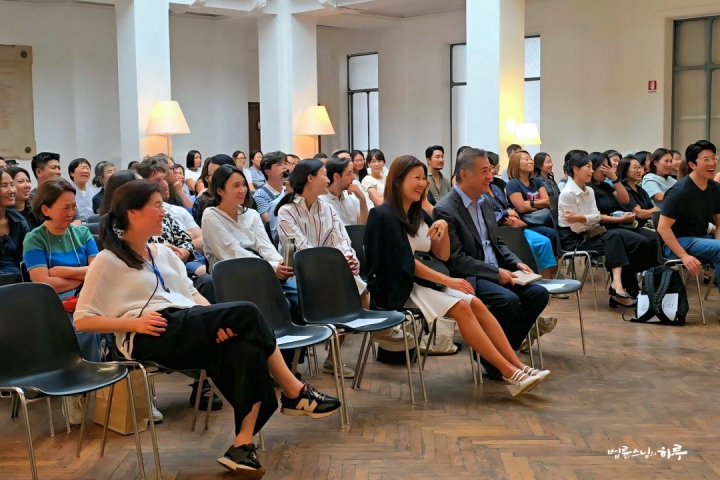
Questions continued one after another.
How can I maintain my opinions while still coordinating smoothly with others?
I constantly try to improve, which leaves me unable to feel satisfied and stressed. How can I balance achievement and satisfaction?
I have no financial problems and plenty of leisure, but life in Italy doesn’t feel warm and adaptation is difficult. How should I steady my mind?
Coming to study abroad at a late age, I feel greed and inferiority. Does telling me to let go of greed mean I should lower my goals?
I work and handle all housework and childcare alone, while my husband hardly helps. What should I do?
When I see injustice, I get angry and even fight on the street. Is it okay to continue living like this?
I rely on AI whenever I have concerns, but I’m worried about increasingly depending on machine civilization. Is this okay? What should I be careful about?
My Korean husband is struggling with life in Italy. How can I comfort him better?
A variety of questions poured in, ranging from career and achievement to family, relationships, adapting to life, and AI dependency. Sunim responded to each one, communicating with the audience.
At 3:50 PM, the lecture concluded with loud applause.
After all the audience members left the venue, Sunim took a commemorative photo with the volunteers who had prepared the lecture.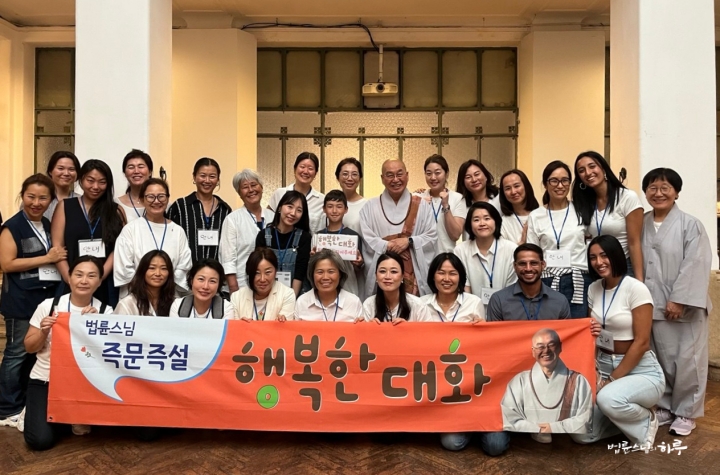
“Thank you all for your hard work.”
Prince, who had graduated from Jungto Dharma School, came to greet Sunim. Prince had only met Sunim online before and was very happy to meet him in person.
After the lecture, the volunteers shared their gratitude and sense of fulfillment while cleaning up, then had a mindful sharing session with Dharma Teacher Myodeok.
“I used to play Venerable Pomnyun Sunim’s Dharma talks for my twin daughters when they were young, and now they encourage me to come to the lectures together and even volunteer. I’m really happy.”
“Sunim is like a lighthouse in my life in Italy. I was so happy to participate in Sunim’s lecture in Milan and even volunteer.”
“After only watching Sunim comfortably on YouTube, coming to the lecture hall and volunteering made me realize how many people are working hard. I’m really happy to be able to participate like this.”
Since Sunim had to leave for the airport immediately, he expressed his gratitude to the volunteers and left the venue. Arriving at Milan Airport at 5 PM, Sunim thanked Jang Mi-yeon for driving and entered the airport.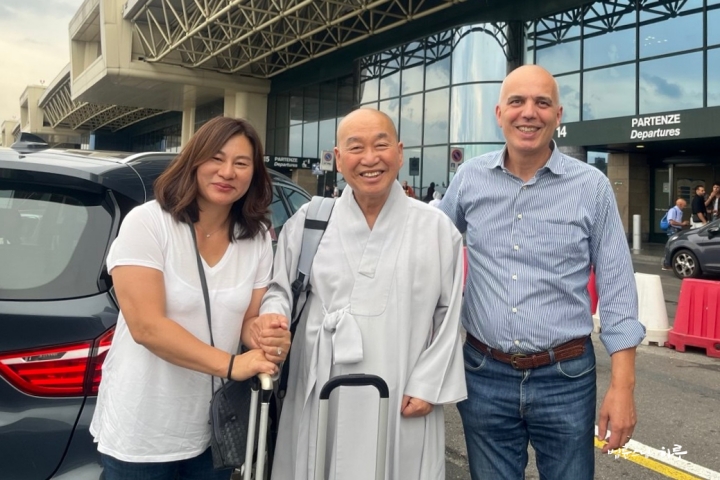
After completing departure procedures, Sunim departed from Milan Airport at 7:25 PM. Once the plane took off, Sunim rested. The plane traveled for 2 hours and 25 minutes, briefly stopping at Athens Airport at 10:50 PM.
Tomorrow, Sunim will depart from Athens Airport again at 12:50 AM and arrive at Istanbul Airport in Turkey at 2:20 AM local time, where he will continue with the seventh lecture of the European tour.






It was really wonderful to meet Sunim in Milan and hear his Dharma Talk in person. I hope he comes back again to Italy. Thank You to all the members of Jungto Society.